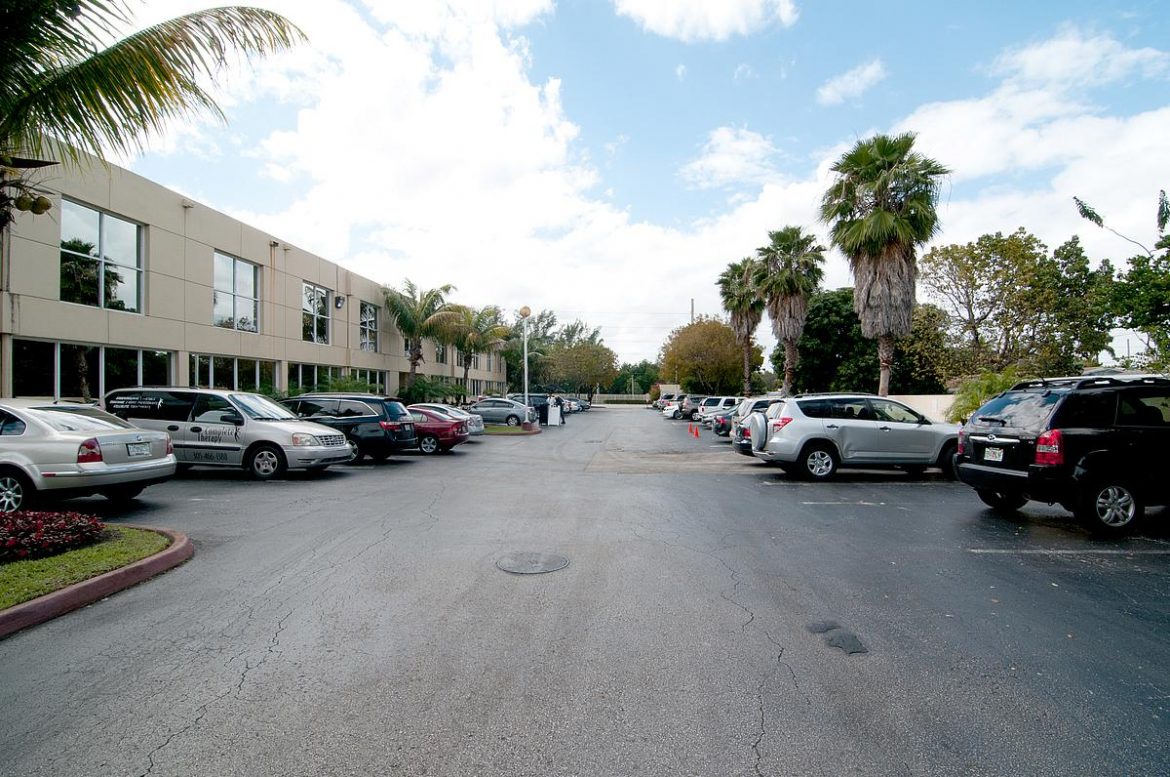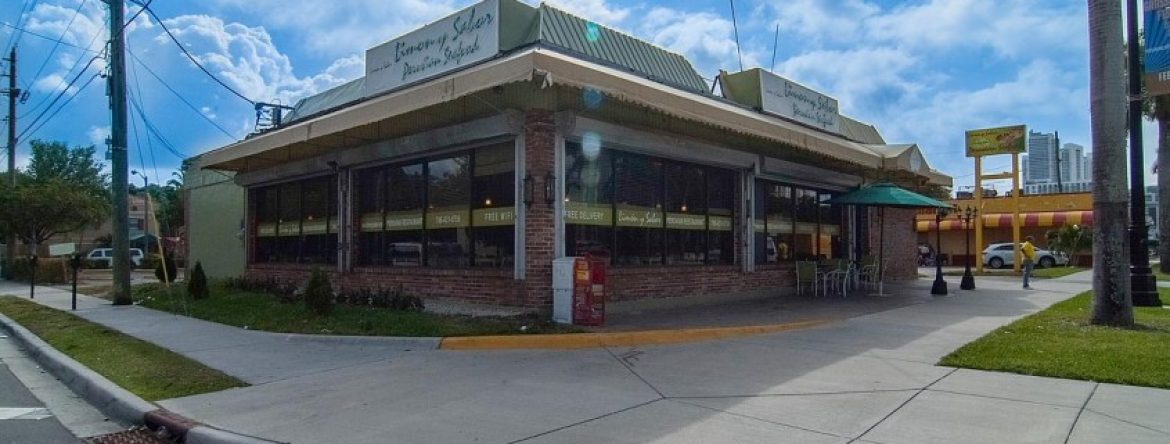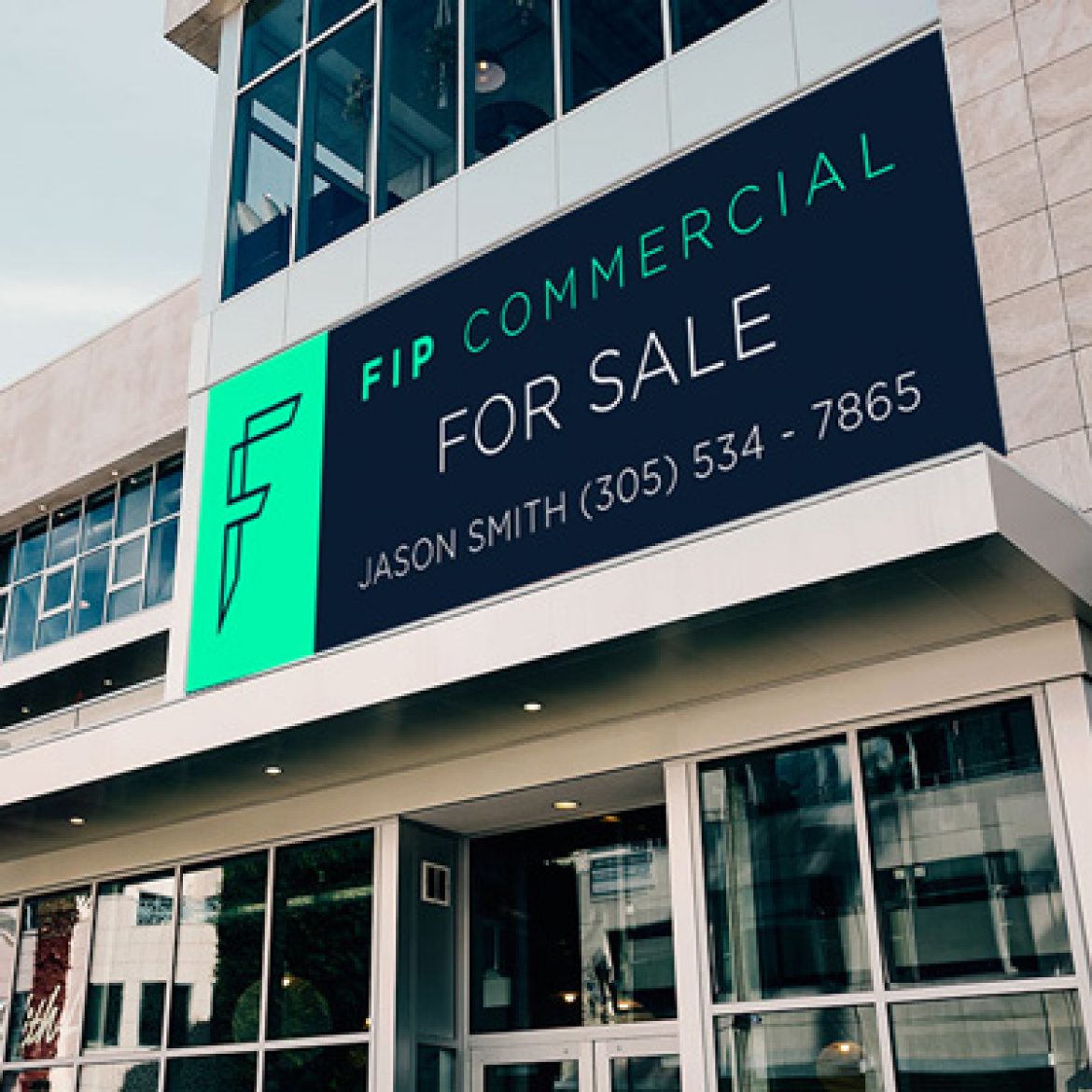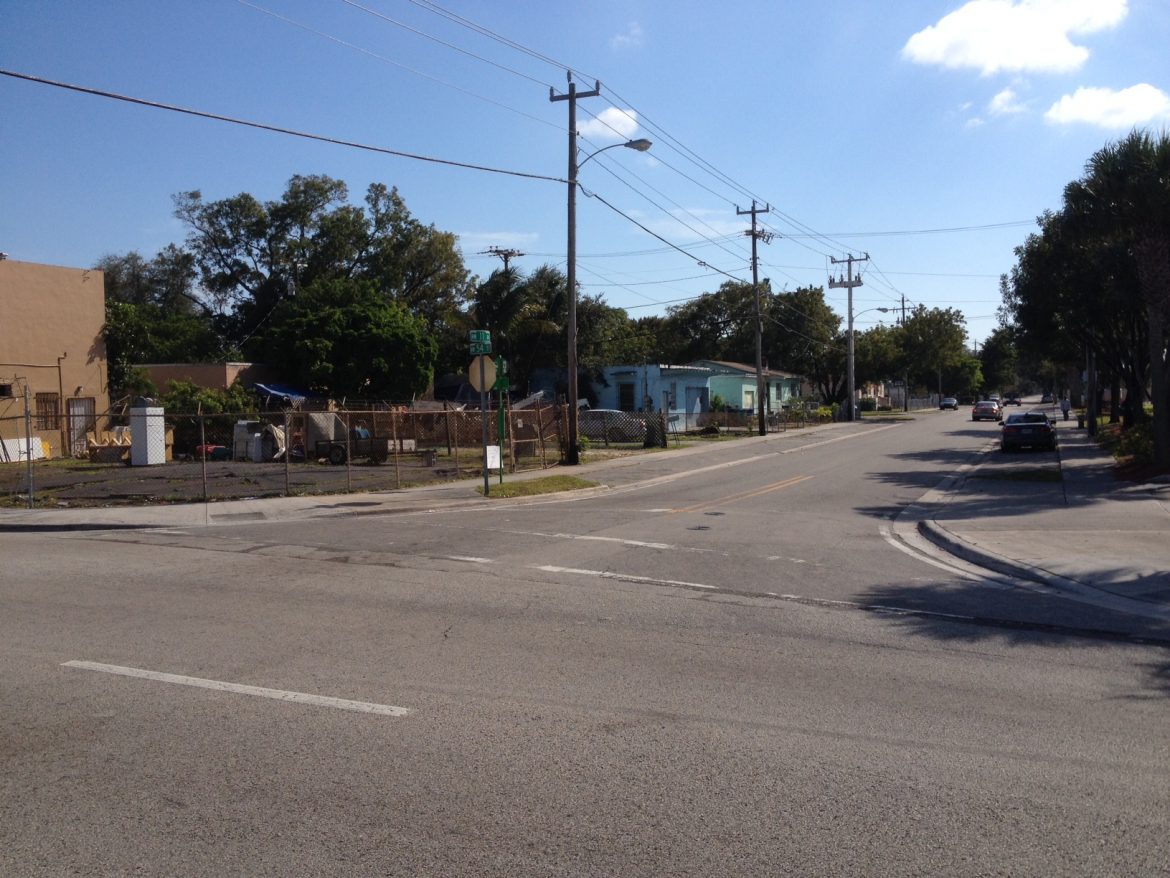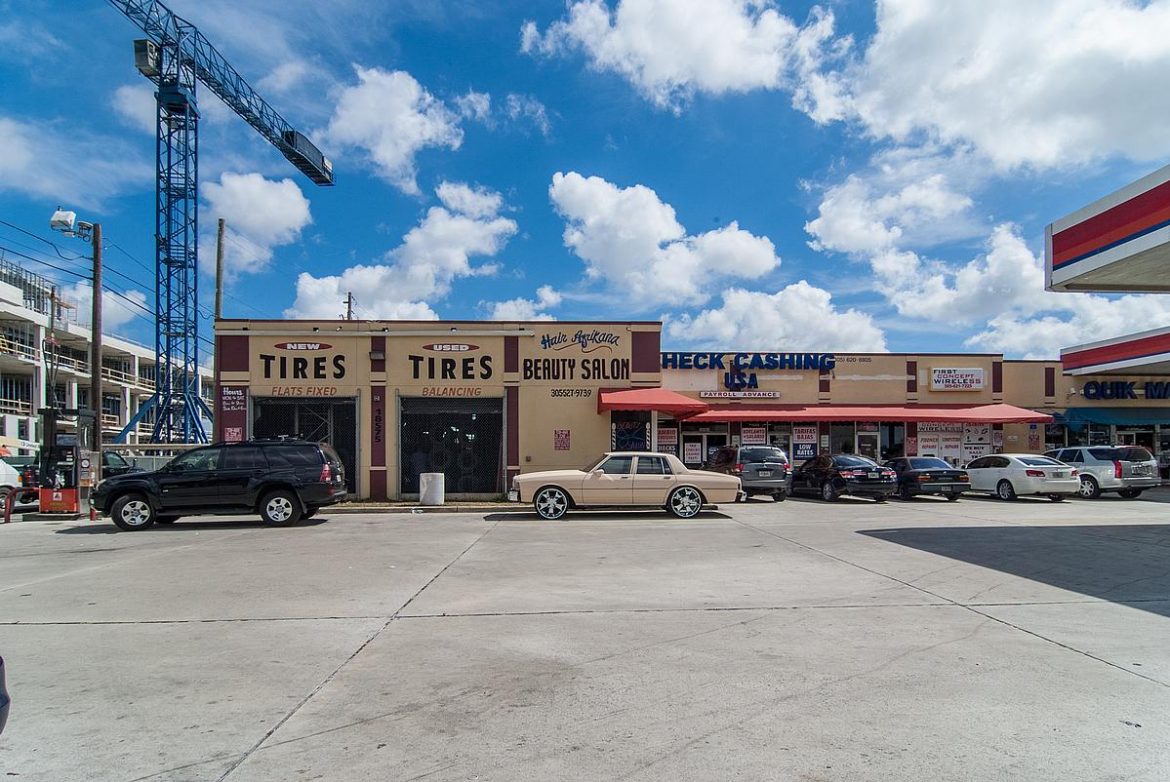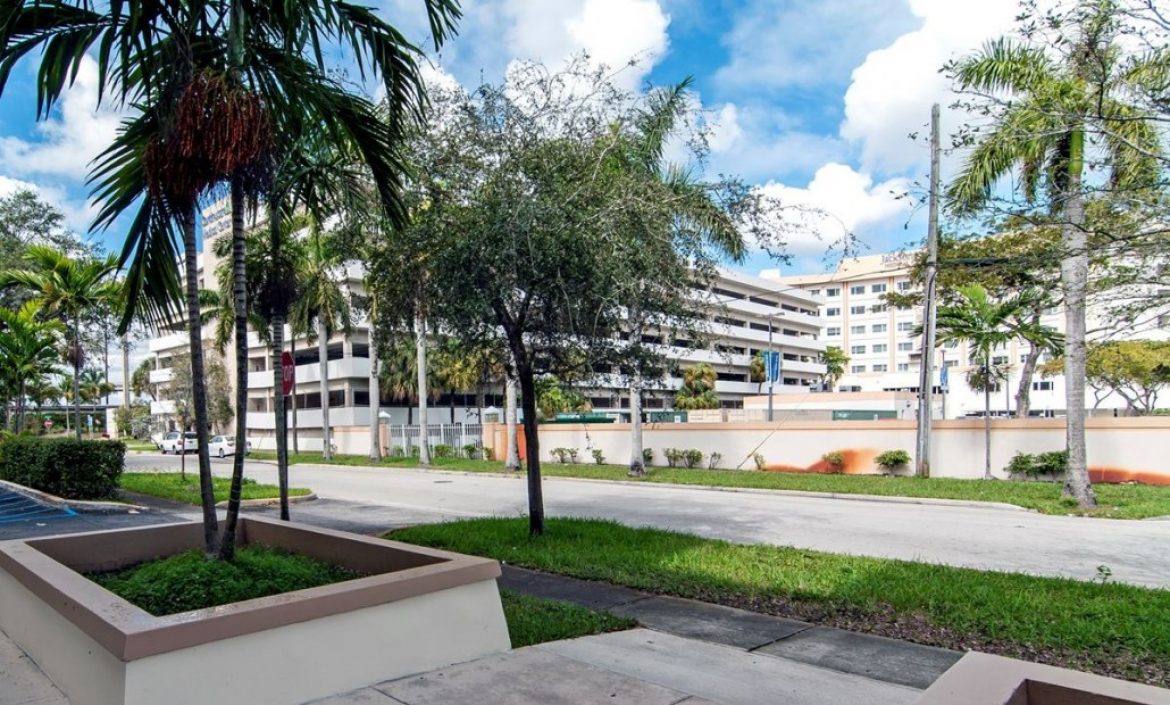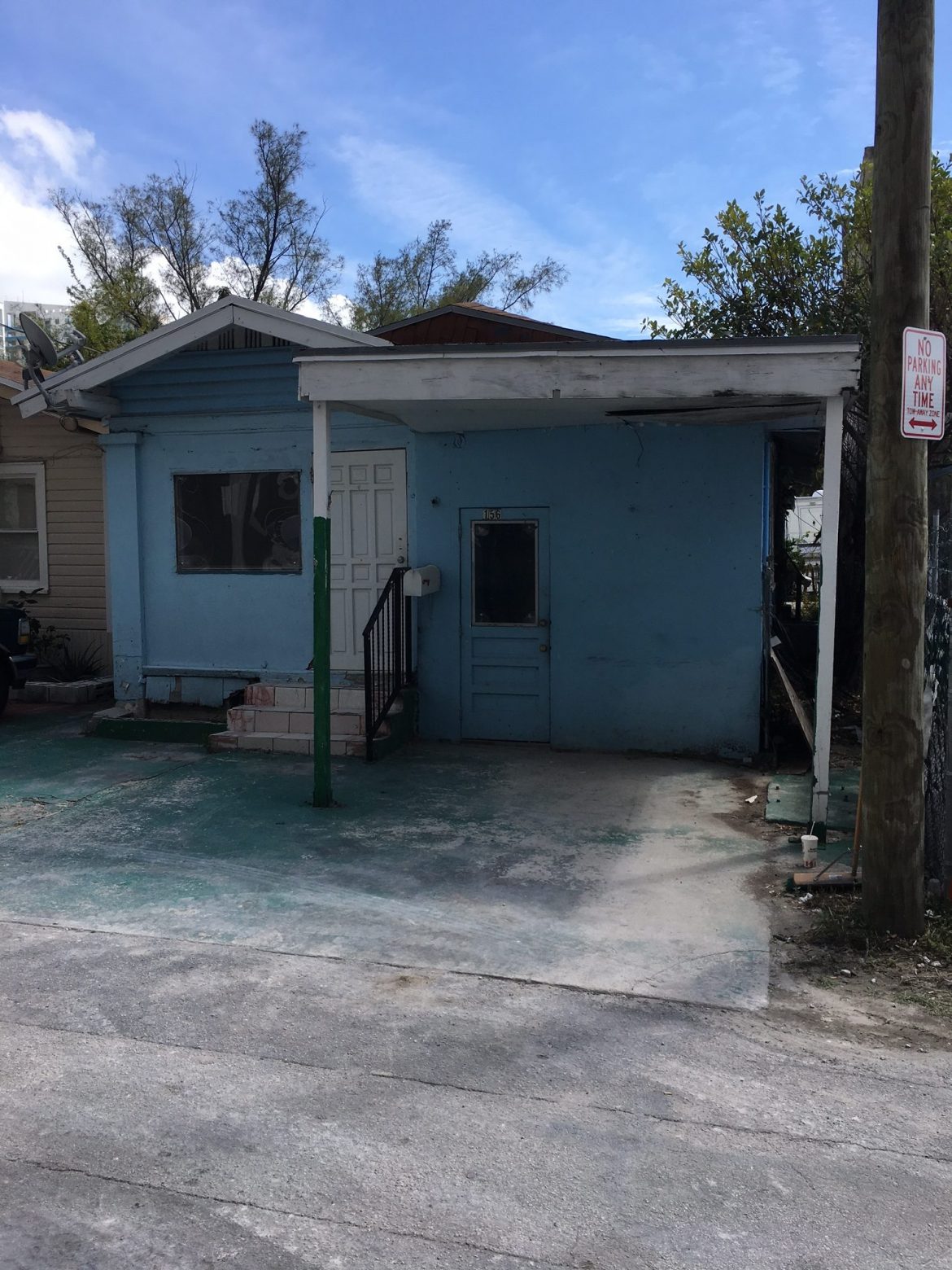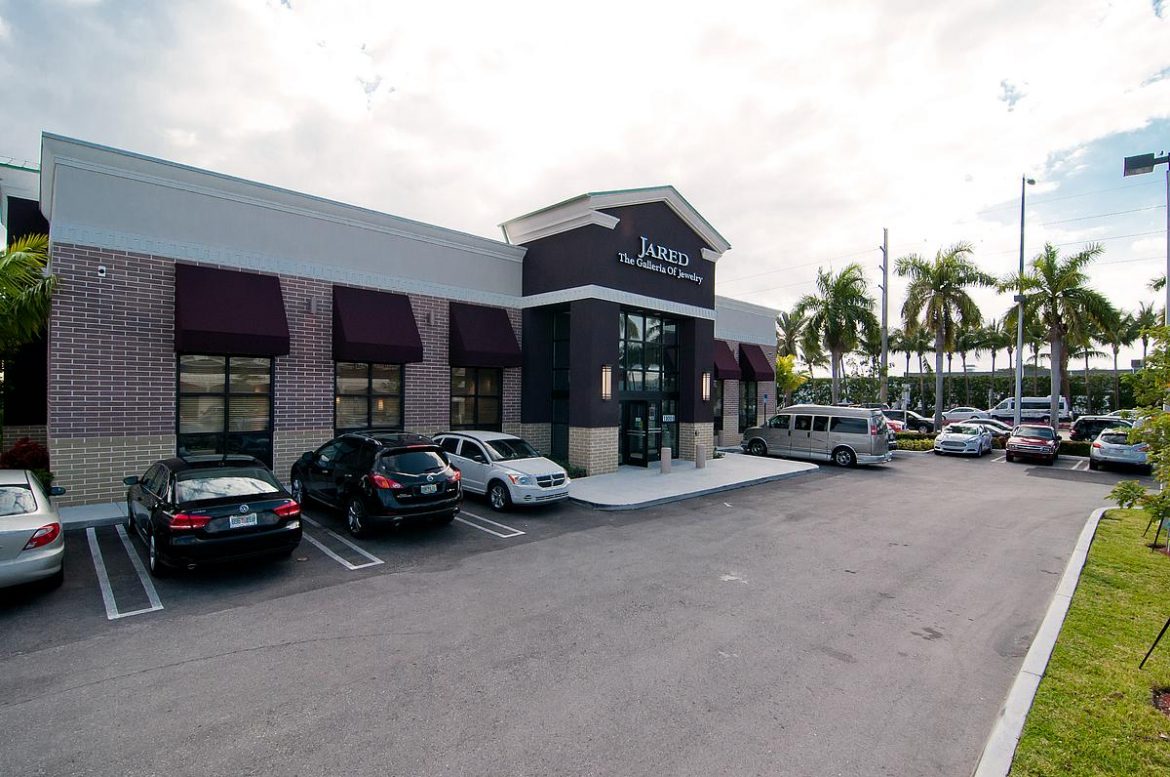With all but the most essential small businesses shut down, vast numbers of commercial and multifamily tenants unable to pay rent and no clear date for when the U.S. economy might re-open, it would be easy to assume that commercial real estate investors would opt to sit on the sidelines in March and April. But while there has definitely been a greater sense of caution in the market and tampered down activity, data from Ten-X Commercial Real Estate, an online commercial real estate marketplace, shows that assets at its March auctions were still getting multiple bids and sales continued to close, especially on smaller balance deals of under $10 million.
NREI spoke to Joseph Cuomo, executive managing director and head of sales with Ten-X, about what the company saw on its platform over the past month.
NREI: Has Ten-X seen any change in the amount of activity/transactions completed on its platform from the beginning of March through the current date?
Joseph Cuomo: In terms of activity compared to the month prior, it’s really not a good metric. Every month is different in our business, it’s cyclical in nature. And usually, we don’t have many [auction] events in January and February. When we get to March, they pick up significantly.
I think the more important metric to look at is year-over-year, and activity is actually the same, if not a little bit higher. People are putting deals up on our platform in December and January for March auctions. In March, we closed 30 of 32 deals [15 were financed, 15 were all cash]—all of those deals were loaded up in December and January.
But in our process, by the time we held the events in March—on March 11 and March 25—we already had all the due diligence from the sellers. So, there was really no slowdown in activity in February and our March events really didn’t see a slowdown.
In terms of buyers though, we thought folks are going to sit on the sidelines, there is a lot of uncertainty and risk involved. But the level of activity we saw—people looking at properties on our platform—we saw over a 60 percent increase from last year. It was 3,860 average number of visits. The average number of people who signed confidential agreements went up by 10 percent. And then in terms of the average number of bidders [on any deal] it was [about] 6 bidders, which is strong in any market.
And March 2020 vs. March 2019 was up almost 20 percent in terms of our trade rates.
NREI: Did you see any impact on deal pricing in the bids made during March and April auctions?
Joseph Cuomo: There was definitely some flexibility from sellers, who wanted to move deals. And buyers weren’t saying, “We will give you 50 cents on the dollar for the listed price.” We saw re-pricing on the assets of between 10 and 20 percent, which is pretty good.
We sold a shopping center in Orlando that sold at a higher price than [the guidance price] before COVID.
Another cool thing is that folks are not removing assets from the platform altogether. And looking at our pipeline of deals for the end of May and June auctions, people are looking at their portfolios and saying, “These are my assets, what deals might I want to move quickly?” And we are starting to see a flow of deals come in right now where people are willing to see the market, and if it’s realistic, they are saying, “We are sellers.”
We are definitely not seeing as much activity [lined up for May and June], but it hasn’t come to a screeching halt. Our pipeline for June, we have $168 million for June in the late funnel phase right now, and we have another two weeks to go, so we are hoping for between $300 and $400 million for the June auction. For May, we are potentially coming up to $300 million.
Our deal pipeline—which was paused for two or three weeks—is starting to pick up again, partly because we are an online platform and there’s certainty of execution.
NREI: Has there been more activity or interest shown in certain property types or assets vs. others recently? If so, what are investors gravitating toward right now?
Joseph Cuomo: We are way too early right now, and in all my conversations with our buyers and our brokers, there’s not one market nor any property type that anyone could really foresee that, “Hey, this is an opportunity.” And my background is in debt, and nobody knows what is going on right now from a triage perspective, who’s paying their rent or mortgage, who’s not. The one thing [that is obvious] is hotel delinquencies. There’s a lot more risk there and caution. What we are hearing is default rates for hotels will be out there. Does that mean that desire for hotels on our platform has gone down? Absolutely not. We’ve sold hotel deals in March. We have hotel deals in the pipeline right now. People are still looking at deals, they are out there.
We are still seeing significant demand in the strip center retail space. We sold a retail center in Cleveland last week, it had nine bidders. And the buyer demand, the high net worth buyers—the eyeballs are out there. But from a retail and hotels respective, there are no flights to specific flags or markets.
From an office building perspective, we’ve always seen that suburban buildings would do better. We sold a building in suburban Illinois for $10.8 million, pretty much stabilized, near 100 percent leased, with initial price guidance coming in between $8 and $9 million. Overall, if you have a property in a good market, with good tenants, people are still playing aggressively there. When we have quality assets, the buyers and buyer pricing have really not waned from the pre-COVID days. The only difference now is you can’t do [in-person] tours.
NREI: What are you seeing right now in terms of availability of financing?
Joseph Cuomo: Local banks are still financing commercial real estate deals—they just may ask for some extra time, they may need an extra seven days, and everybody is flexible in this environment. They are doing relationship lending with recourse financing. We are still seeing that in the marketplace, which is keeping the liquidity going and not killing deals.
With the bigger banks, personally, I know there is lending out there for certain relationships and for certain deals. But not many folks are jumping on retail.
The CMBS world is mostly dead. All the conversations I had this week have been, “We’ll lend—with heavy structure. I’ll give you lower leverage and I want a reserve.” Hotel and retail loans are out of the equation.
But a lot of buyers are saying, “Why would I want to buy with such heavy structure? Let me buy it all- cash, and I know I can finance it later.”
The big regional banks—the Chases, the Banks of America—they are lending for relationships, folks are getting quotes, but they are not aggressive quotes. It’s not completely shut down anymore, they are saying, “We’ll look at it, but we’ll put a conservative structure in place.” And the guys at the banks their typical LTV ratio was at 45-50 percent before COVID. So, they are lending, but not at 75 percent LTV.
The bigger problem right now is how to underwrite? It’s impossible to underwrite a hotel right now where you don’t have occupancy levels.
NREI: What are the firm’s expectations about investment sales activity in the short- and medium-term?
Joseph Cuomo: Right now, it’s day-by-day. A lot of our business in the downturn was to really work with the banks and the servicers and investors and create a very efficient marketplace. Even today, we are still seeing [real estate owned] product [from that period]. It’s hard to predict, but I imagine folks are looking at their portfolios, and saying, “I’ve got these couple of assets I can sell to increase liquidity.”
So, the funds and the bigger firms are now probably looking at their portfolios, and saying, “We need to move some deals.” So, in the third quarter, we definitely will see more activity.
But a lot of folks right now, they are really trying to figure out what they have. If you are an owner, you have to figure out who’s paying the rent. And if you are a lender, you have to figure out who’s paying the mortgage. And who actually opens up for business again, and who will probably not come back?
But I think our platform will pick up even more in the fourth quarter because now you will bring the lenders into play, not only the landlords. The lenders will be saying, “It’s overwhelming, we can’t manage this large of a book.”
But also keep in mind, during the last downturn, the height of default, all of that didn’t take place until 18 to 24 months after the market went down in 2008-2009. It takes some time. Nobody can make a rush decision to just dump something on the market.
But what we are hearing, at the end of the third quarter, the fourth quarter, the expectation is things will pick up. People are going to start figuring things out.
Source: NREI
